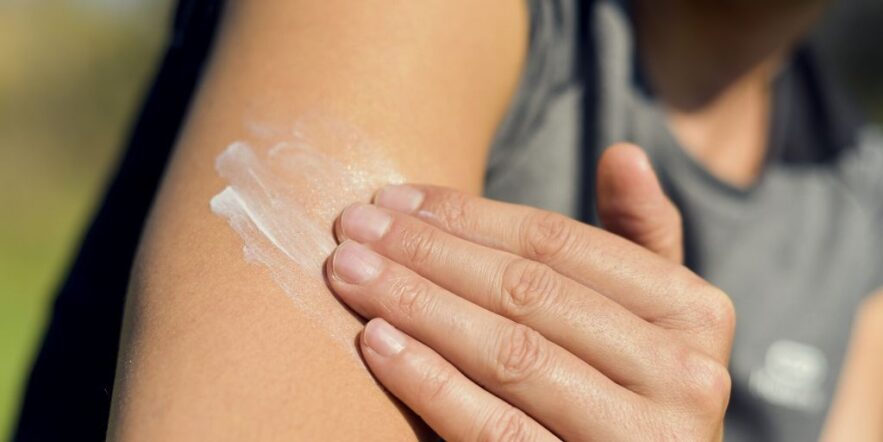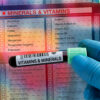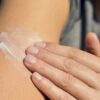High SPF Creams Offer Little To No Extra Protection
High SPF sunscreens offer little to no extra protection, and they may also be putting you at risk of long-term skin damage, a newly released report from EWG states. Sunscreens with SPF above 60 mislead the consumer into thinking that they’re getting a more effective product. However, the report goes on to say, studies show that higher SPF creams provided little to no extra protection compared to sunscreens under 60 SPF, and, what’s more, consumers misuse them.
Here are the major takeaways from the report.
High SPF Creams Aren’t Balanced
The SPF in creams is an indication of the ability of the product to block UVB rays, which causes sunburn. UVA rays, which penetrate the skin more deeply, aren’t blocked as well by the FDA-approved ingredients in sunscreens. The disparity between UVB and UVA rays gets more significant with high SPF creams as they get better at preventing sunburn only. An analysis of 20 sunscreens showed that of the seven with an SPF above 50, only two would have enough UVA protection to be sold in Europe.
Consumers Take Them for Granted
Someone using a high SPF sunscreen has a false sense of security and stays in the sun longer. Not only will they inevitably get a burn via UVB rays, but they’ll absorb more UVA rays of which the sunscreen barely blocks.
High SPF Sunscreens Don’t Work Much Better
One may think that a sunscreen with 100 SPF offers double the protection than a sunscreen with 50 SPF — but it’s not true. EWG reported that sunscreen only SPF 50 blocks 98% of UVB rays versus SPF 100’s 99% protection. You’re better off sticking with SPF 30-50 and applying the lotion liberally and often.
When Procter & Gamble tested SPF 100 sunscreen at five different labs, they discovered that the SPF was between 35 and 75. What’s more, lab-testing, P&G says, isn’t reliable as the labs’ UV lights aren’t comparable to real-life conditions. They proposed a cap of SPF 50 to the FDA (which EWG agrees with). The FDA recently proposed a cap at 60 SPF.
They May Present Greater Health Risks
To amp up the SPF, companies need to use more sun-filtering chemicals. These more potent chemicals are absorbed into your skin and may lead to allergic reactions, hormone disruption, and tissue damage. Since higher SPF sunscreen isn’t even proven to work better than lower SPF lotions, you’re better off ditching it for that reason alone. The FDA has contended, also, that a sunscreen with an SPF higher than 50 is misleading.






